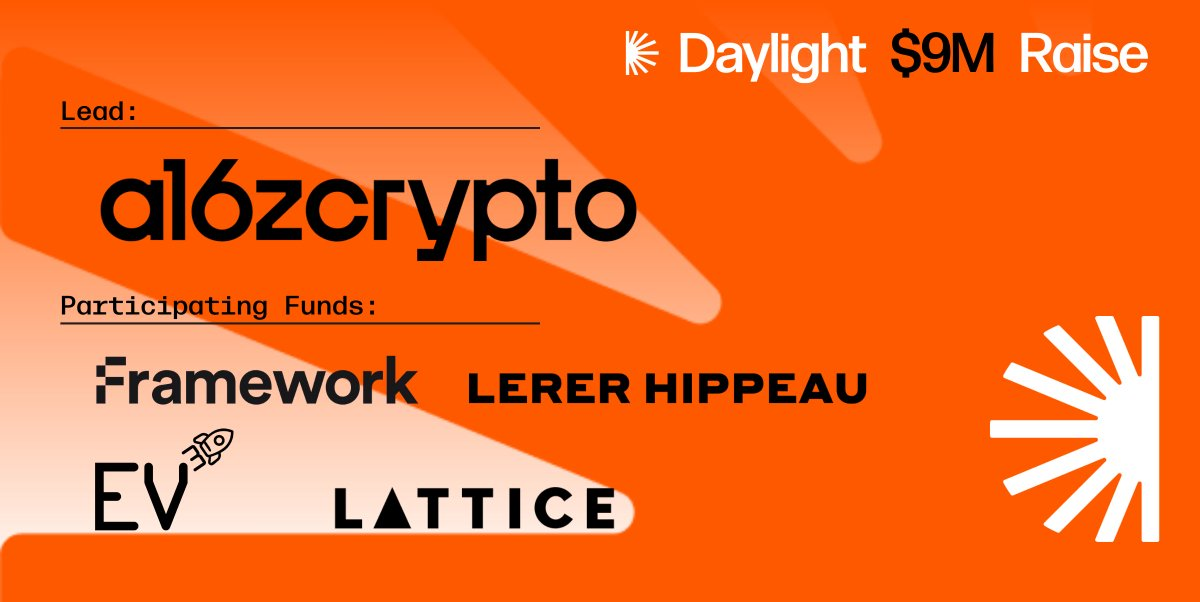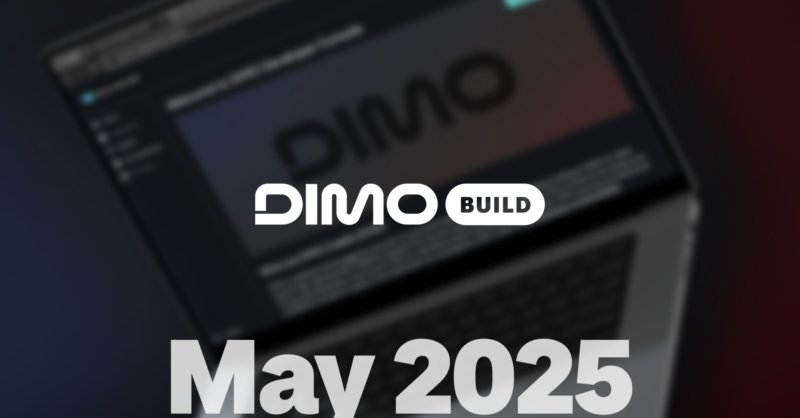IoTeX’s Early Investment Project Daylight Completes $9 Million Series A Funding Led by a16z

August 2, 2024 - Daylight, a pioneering DePIN (Decentralized Physical Infrastructure Network) project, has secured $9 million in a Series A funding round, as reported by The Block. The investment was led by A16z Crypto, with participation from Framework Ventures, Lattice Fund, Escape Velocity, and Lerer Hippeau. This latest round brings Daylight’s total funding to $13 million. IoTeX, a modular ecosystem actively expanding into the DePIN new energy sector, was an early supporter of Daylight, having participated in its seed round in 2022. Daylight operates as a distributed energy protocol, enabling users to connect their energy devices to its dApp and earn rewards. Additionally, users can access the Daylight marketplace to obtain energy upgrades for their homes or buildings, such as solar panels, EV chargers, heat pumps, and water heaters. Last month, IoTeX unveiled its 2.0 strategy, evolving into a modular open platform for DePIN. The company aims to provide comprehensive support to promising projects through its ecosystem fund, accelerator program, and incentive schemes. This support encompasses technical, resource, and capital assistance to facilitate rapid project growth. This investment in Daylight aligns with the growing interest in decentralized infrastructure for sustainable energy solutions. As the DePIN sector continues to expand, projects like Daylight are poised to play a crucial role in the future of distributed energy systems.
Related News





